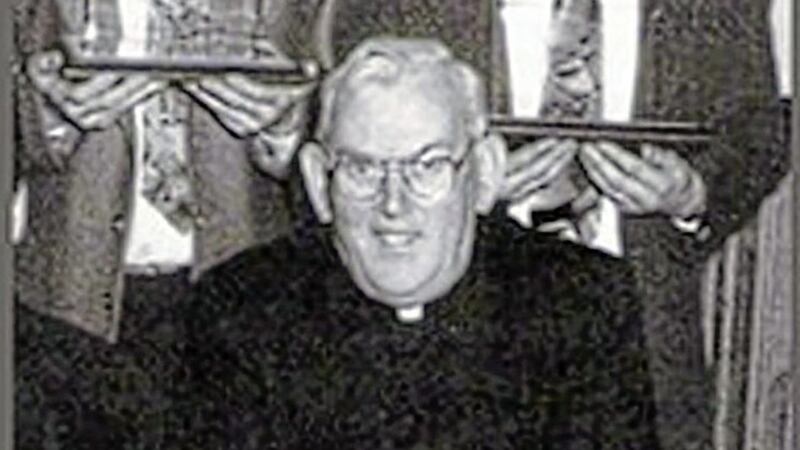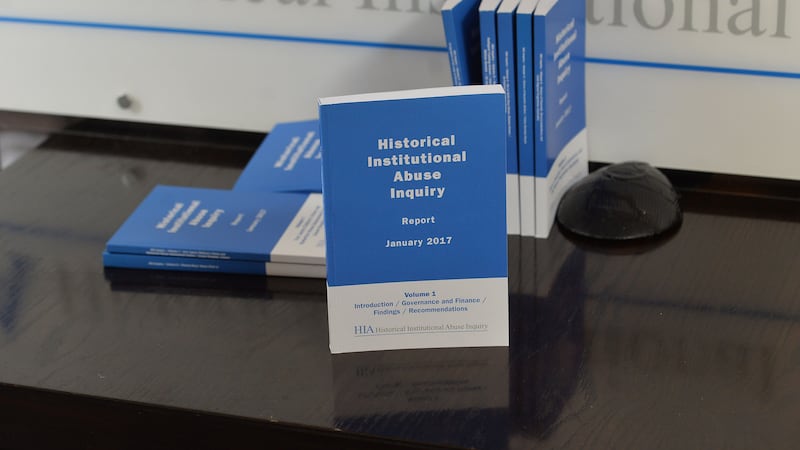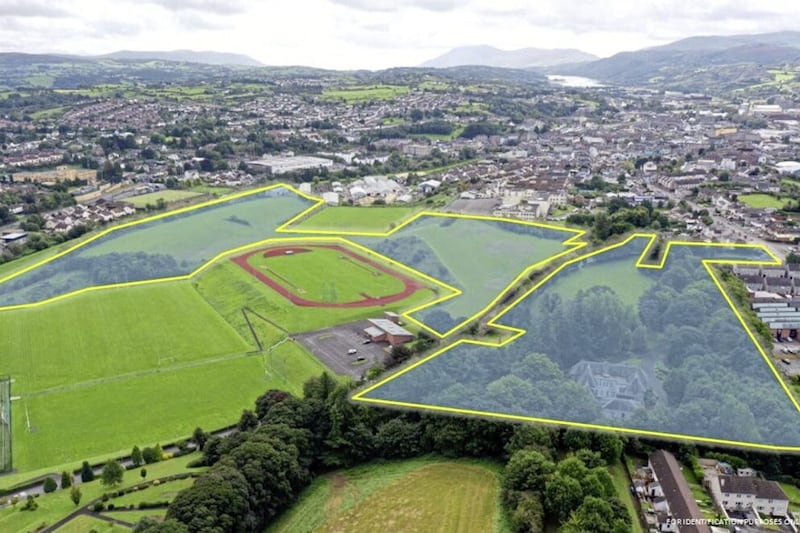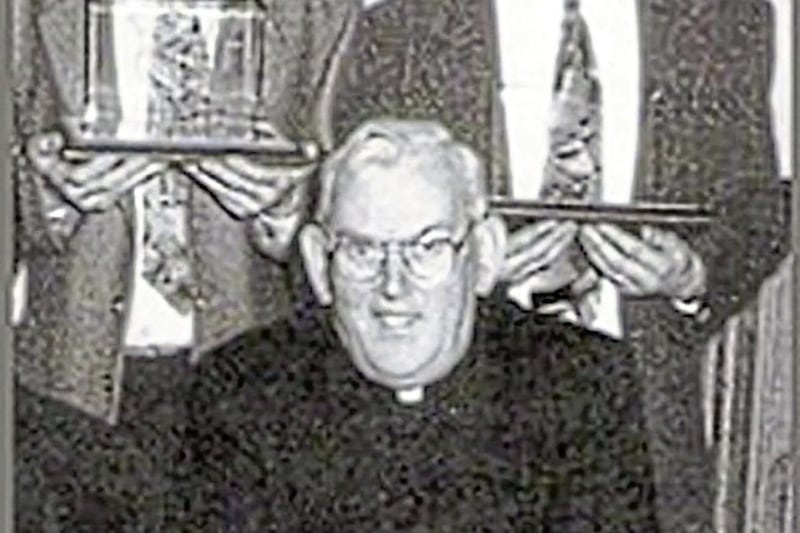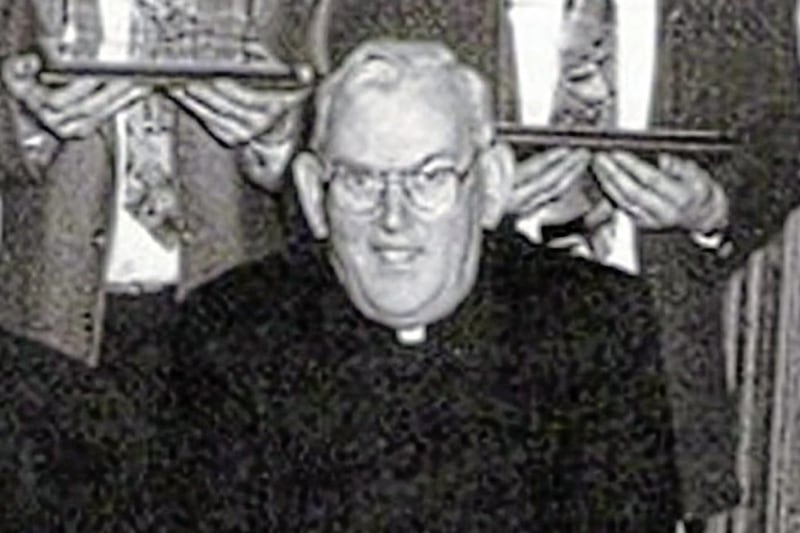ARCHBISHOP Eamon Martin yesterday apologised for the "hurt and damage" caused to victims and survivors of clerical abuse as details of a £2.5 million redress scheme were announced.
The Diocese of Dromore has launched the scheme - the first to be introduced by a Catholic diocese on the island of Ireland.
A statement of apology for all abuse perpetrated was issued as the diocese said it is "willing to commit whatever resources it has available for the purpose of redress to this scheme, even if that should exhaust those resources".
It has around £2.5 million to fund the scheme, with individual pay-outs set to be capped at £80,000.
Read More:
- Diocese at centre of sexual abuse scandal could be facing bankruptcy
- Calls for public inquiry into clerical sex abuse in NI
- Malachy Finegan abuse victim brands Dromore diocese redress scheme 'a cynical exercise'
- Malachy Finegan abused victims over several decades
- Numerous US dioceses forced to apply for bankruptcy after paying clerical sexual abuse claims
Around 70 people have come forward in the past 35 years to make allegations of abuse related to the diocese, which includes parts of counties Antrim, Down and Armagh.
It is understood up to 40 allegations are connected to Fr Malachy Finegan, who was accused of a catalogue of sex abuse within the diocese over a period of four decades. He died in 2002.
Around £2 million has already been paid out in legal settlements and 15 cases have been settled.
Announcing the scheme at a press conference in Newry, Archbishop Martin said the Diocese of Dromore apologised unreservedly and it "finds such behaviour towards children and vulnerable people abhorrent, inexcusable and indefensible".
In its statement of apology, the diocese said it is "committed to doing what it can to help bring healing to the survivors of clerical sexual abuse and to all those affected by these egregious crimes".
"Having met with a number of survivors, and having examined the various existing legal claims against the diocese, Archbishop Eamon Martin wishes to facilitate a resolution process to enable the provision of financial and other supports for survivors without undue further delay."
The diocese said the process would be victim-centred and aimed to provide recognition as well as "reasonable compensation" without the need for lengthy investigation and litigation.
The diocese said it understood that redress could take varying forms.
"As well as enabling the provision of financial redress, the scheme includes the possibility of a personal apology on behalf of the diocese and other ways of providing pastoral support," it said it a statement.
"The diocese will also support the provision of counselling via the Towards Healing service.
"The diocese is willing to commit whatever resources it has available for the purpose of redress to this scheme, even if that should exhaust those resources."
The scheme will respond to applications from those alleging sexual abuse, including sexual grooming, which may or may not have been accompanied by physical and or emotional abuse.
The crimes must have occurred when the applicant was below the age of 18 with applications to be assessed by an independent panel, the appointment to which will be managed by a third party organisation.
Decisions on applications will be based on the balance of probabilities and the diocese said the process would fall outside the civil litigation process and would instead be comparable to a mediation.
It said it would be informal in nature but is intended to be binding on the parties, should a resolution be agreed.
